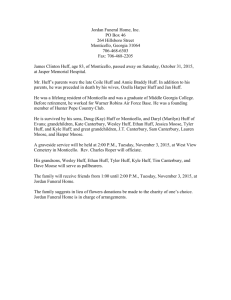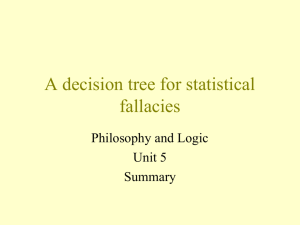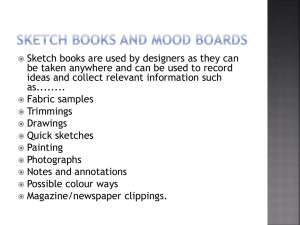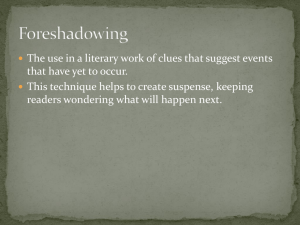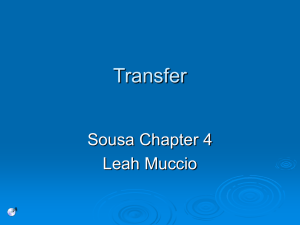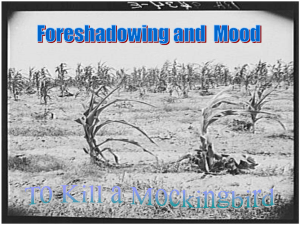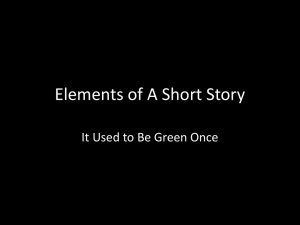STUDY NOTES/ACTIVITIES FOR TEACHERS
advertisement
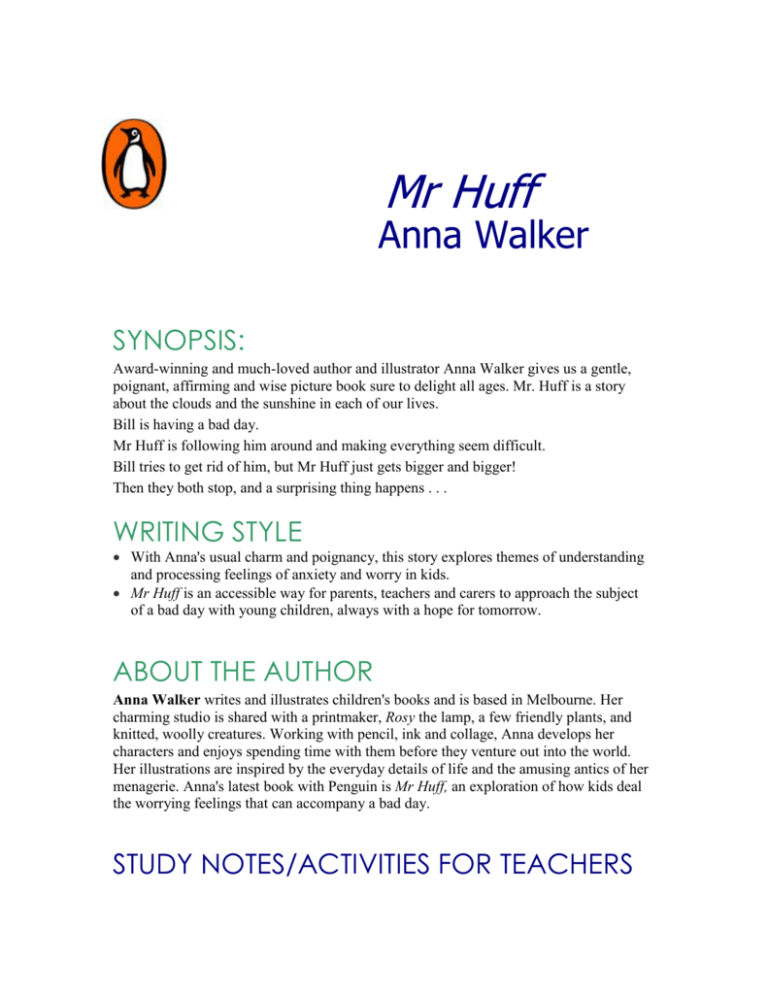
Mr Huff Anna Walker SYNOPSIS: Award-winning and much-loved author and illustrator Anna Walker gives us a gentle, poignant, affirming and wise picture book sure to delight all ages. Mr. Huff is a story about the clouds and the sunshine in each of our lives. Bill is having a bad day. Mr Huff is following him around and making everything seem difficult. Bill tries to get rid of him, but Mr Huff just gets bigger and bigger! Then they both stop, and a surprising thing happens . . . WRITING STYLE With Anna's usual charm and poignancy, this story explores themes of understanding and processing feelings of anxiety and worry in kids. Mr Huff is an accessible way for parents, teachers and carers to approach the subject of a bad day with young children, always with a hope for tomorrow. ABOUT THE AUTHOR Anna Walker writes and illustrates children's books and is based in Melbourne. Her charming studio is shared with a printmaker, Rosy the lamp, a few friendly plants, and knitted, woolly creatures. Working with pencil, ink and collage, Anna develops her characters and enjoys spending time with them before they venture out into the world. Her illustrations are inspired by the everyday details of life and the amusing antics of her menagerie. Anna's latest book with Penguin is Mr Huff, an exploration of how kids deal the worrying feelings that can accompany a bad day. STUDY NOTES/ACTIVITIES FOR TEACHERS Pre-reading: What does it mean to ‘be in a huff’? What sorts of things can put you in a bad mood? What is the day like when you wake up grumpy? P1 P2-3 P4-5 P6-7 P8-9 P10-11 What does Bill see when he looks outside of his bedroom window? How does this make him feel? How do we know from the illustration that he is unhappy? How do the colours used in the illustration show us how Bill feels? What sorts of things go wrong for Bill? Would these things make him as cranky if he had woken up in a better mood? Why does Bill sit with a bag over his head? What is he wanting to do? What is happening above Bill’s head in these illustrations? What does this suggest about his mood and about how the rest of his day might go? In what way is Bill seen to be different from the other characters on this page? Are they as affected by the rain and the grey sky as he is? What does this tell us about Bill? Why does Bill ignore everyone else? How does his body language reflect his mood? What has happened to the grey shape above Bill’s head? Consider the size of the grey shape following Bill now. How do you think his day at school is going to go? Why do you think Anna Walker has now given the grey shape a face? How can it be seen to have taken on a whole personality of its own? What does this suggest about how much Bill’s mood is going to affect his day? Compare Bill to the other children in the class. How is he shown to be different? Would things be any different if Bill were to sit somewhere else? Why? Is it really the shape that is causing his problems? Consider the question, ‘Was it possible to hear a sigh in your imagination?’ what does this mean? Why might Bill hear a sigh? What does this suggest about his mood? Who do you think is sighing – Bill or the character following him? Why might either of them be sighing? Why does Bill not want to talk about the thing that is following him? Do you think it would be better if he did talk about it? Why? Why do no words come out when he finally does try to talk about it? How would you describe the thing that is following Bill? Is it really a person or an object? P12-13 Consider the size of the thing following Bill. How can it be seen to dominate his actions? Bill waits for it to go away. Why won’t it go away by itself? What do you think Bill needs to do to make it go away? P14-15 Bill is trying to ignore the thing, but he finds it hard to do so. Is it possible to just ignore a bad mood? Which of the characters on these pages looks more comfortable and content? P16-17 Why is Bill scared of this creature? Why does he try to run away from it? How can the creature be seen to be becoming more and more of a problem for Bill? P18-19 How does Bill feel on these pages? How does the creature feel? P20-21 Why do you think the creature is given a name for the first time on these pages? Why does Mr Huff cry? Why can Bill see himself reflected in Mr Huff’s tears? How would this make Bill feel? P22-23 ‘For a moment everything was still.’ Why do you think things suddenly change? What do you think might happen now? P24-25 How does the relationship between Bill and Mr Huff change? Why does Bill give Mr Huff a hug? Why does he take him by the hand? How can Bill be seen to be different now? How is Mr Huff changing? P26-27 What is the mood on these pages? How is Bill’s behaviour different? What do you think caused this change? Has the environment or the situation changed, or is it just Bill and his attitude that has changed? P28-29 Why is Bill smiling? What is happening to Mr Huff? How will Bill’s day be different now that his mood has changed? P30 How is Bill’s attitude to the next cloudy day different from the first day? What is different about Mr Huff? Why is Mr Huff still there? Will Mr Huff ever really go away completely? How might Mr Huff have made Bill see things differently? Positive Psychology What sorts of things put you in a bad mood? How can a bad mood make everything even worse? How do other people feel about you when you are in a bad mood? What can you do to make yourself feel better? Consider what might be the good points and bad points of each of the following situations: SITUATION A rainy day Getting your tonsils out Getting a baby brother / sister Moving to a new school BAD POINTS GOOD POINTS How can your attitude or the way you view things totally change the situation? Think of some other stories or songs that suggest ways to make situations better – eg ‘My favourite Things’; ‘Whistle while you work’, ‘Just a spoonful of sugar helps the medicine go Down,’ etc Make your own guide to how to make yourself feel better in bad situations. Have each student think of one piece of advice. Print each piece of advice and pin them to a wall to make a Happiness wall. Have students list three good things that happen to them each day. Activity: Watch the trailer for Mr Huff. How does it make you feel? Why does Mr Huff change from crying to smiling? How does this short trailer tell us the same idea as the storybook? Creating mood: Imagine that you turned the story into a film. Consider what sound effects or music you might use on each page to help convey the same mood as the words and pictures. Marketing / Publicity Sydney media, bookseller and fan events on release Exhibition at No Vacancy (QV, Melbourne CBD) of Mr Huff artwork during July Design Files article including a behind the scenes look at the development of Mr Huff Digital print giveaway via Penguin and Puffin social channels Stop motion animation book trailer planned for online promotion
